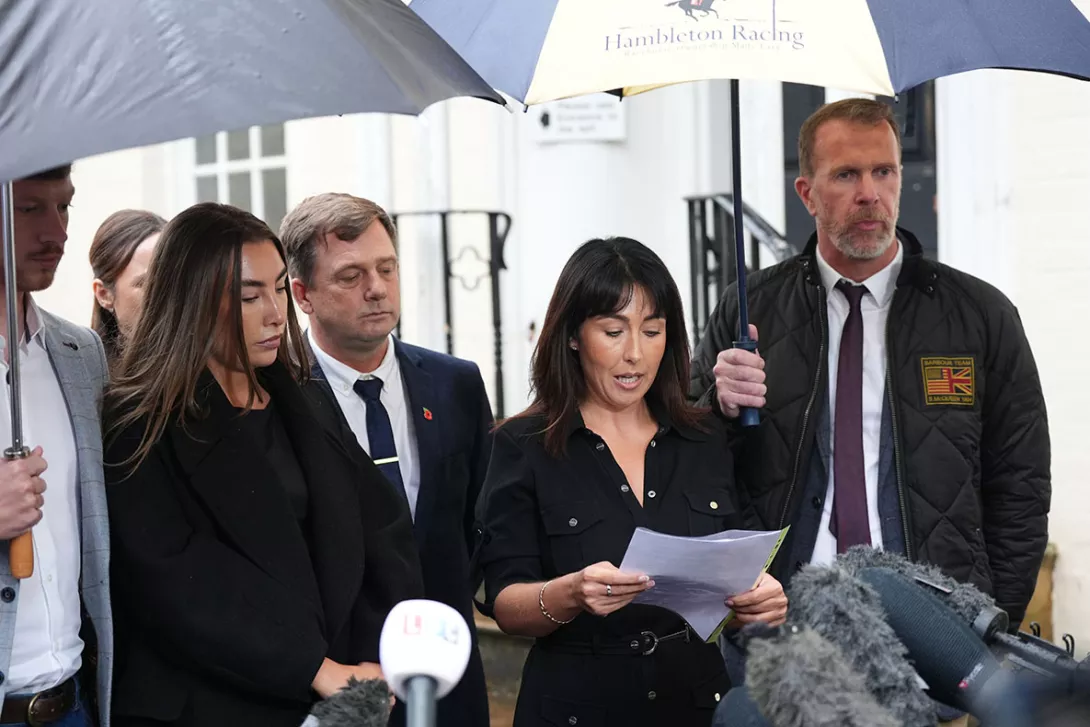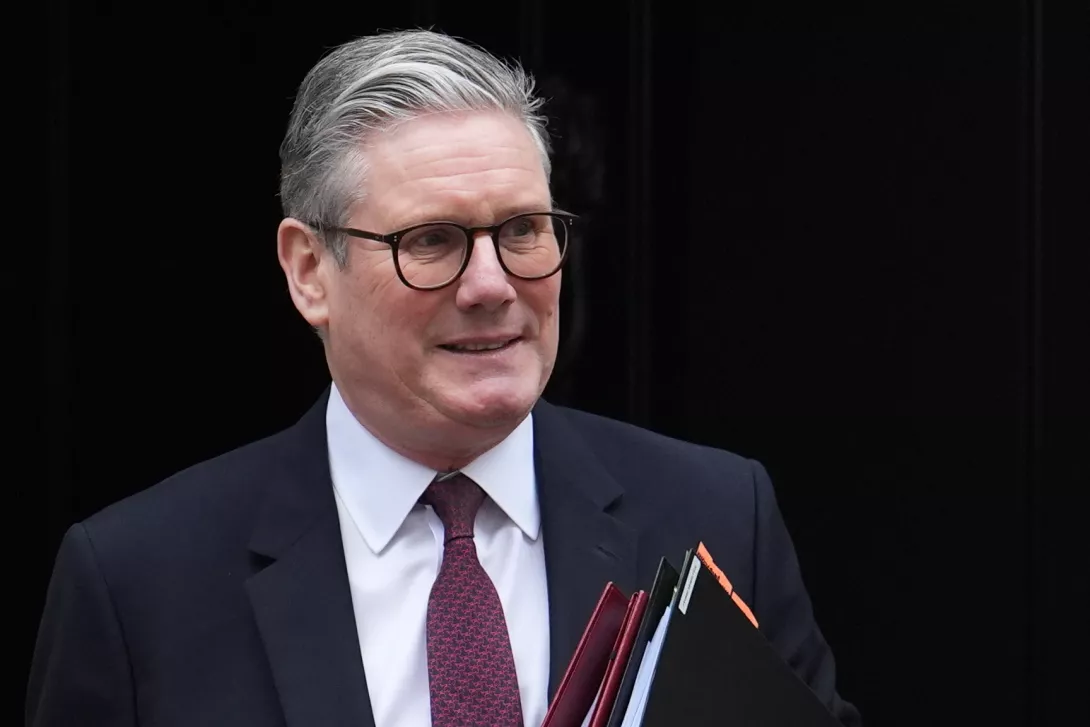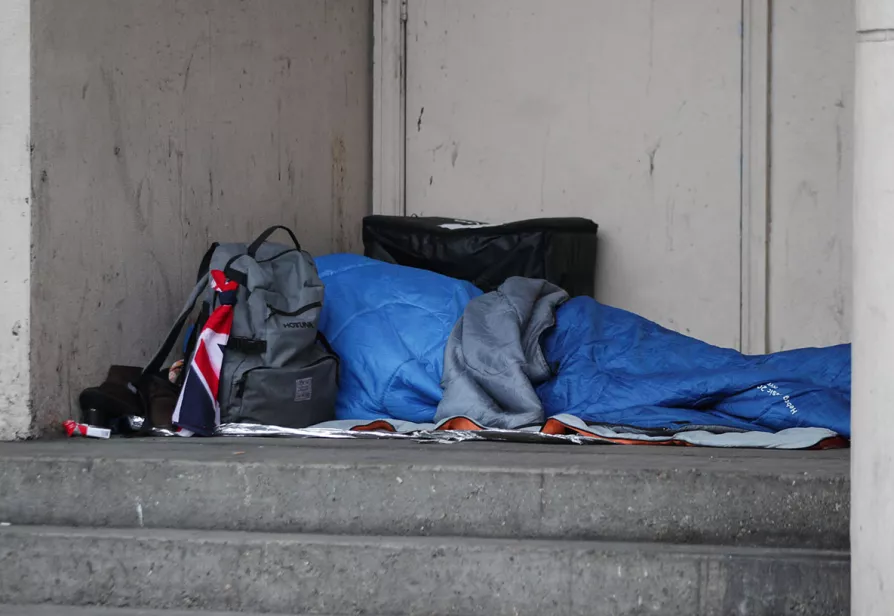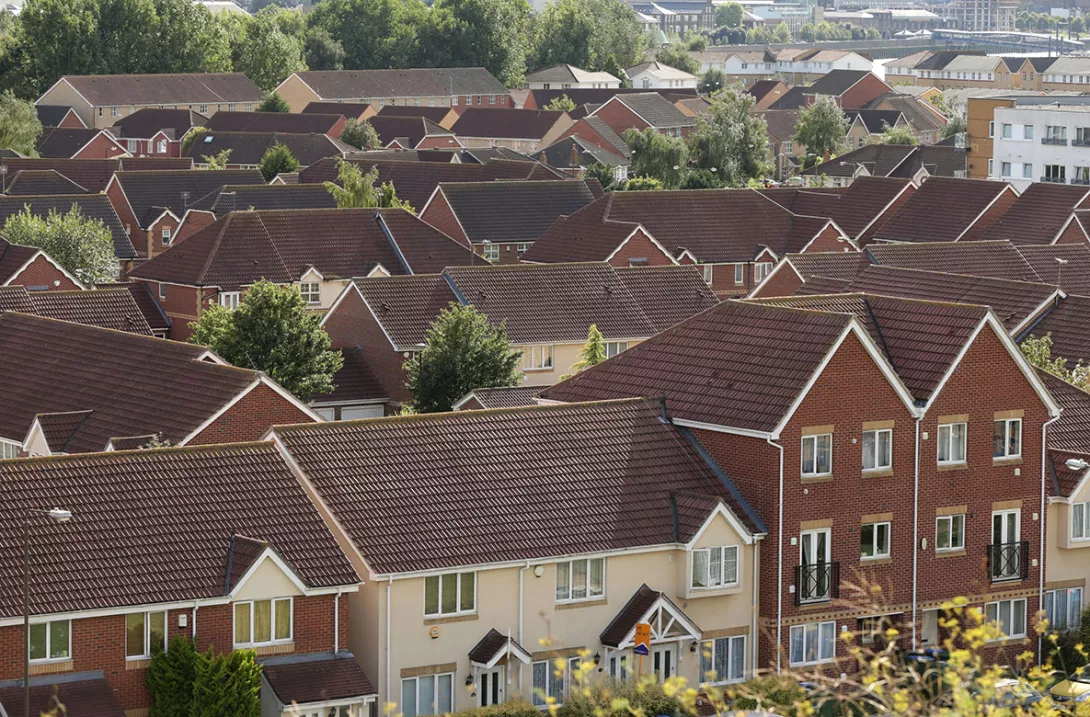Affordable homes target at risk as many councils can't afford to meet statutory repair costs, LGA warns
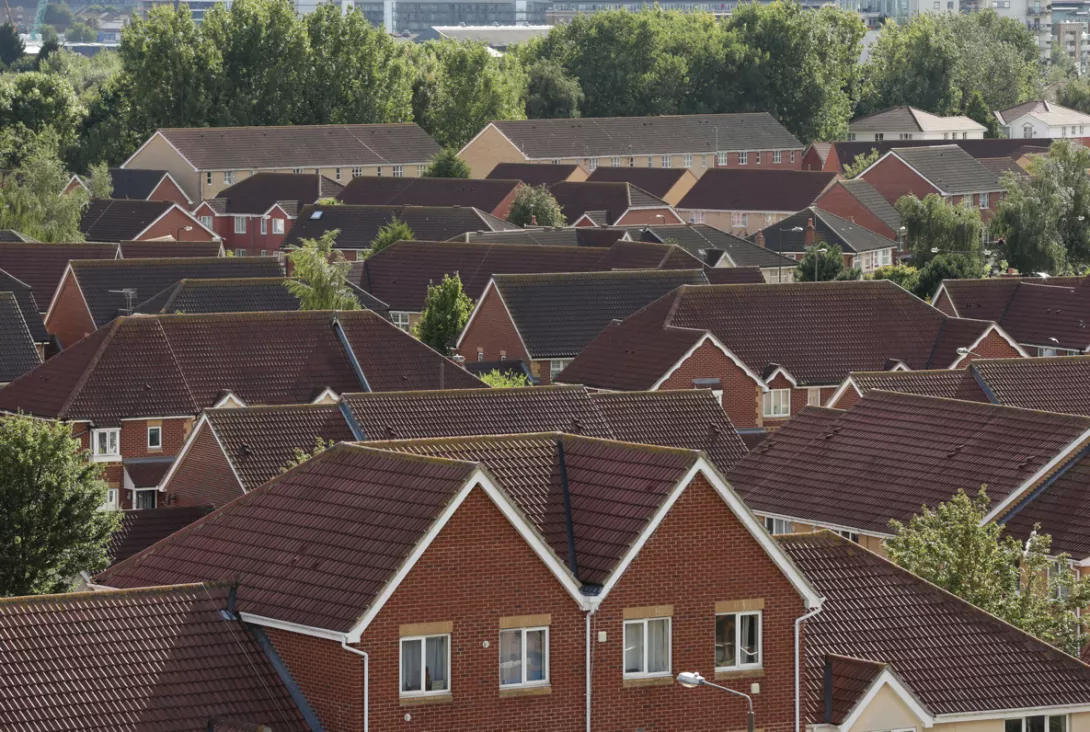
LABOUR’S affordable homes target is at risk and council homes face falling into disrepair as many town halls can no longer afford to meet statutory repair obligations, the Local Government Association (LGA) reveals today.
They face an “impossible choice” between their Housing Revenue Accounts (HRA) going into deficit or failing to meet their legal requirements.
This includes the newly proposed Awaab’s Law, which will require landlords to fix reported hazards, such as mould and damp, within specified timescales.
More from this author

Campaigners slam the Chancellor after Britain’s four biggest banks made a record £45.9bn in profits for 2024
Similar stories
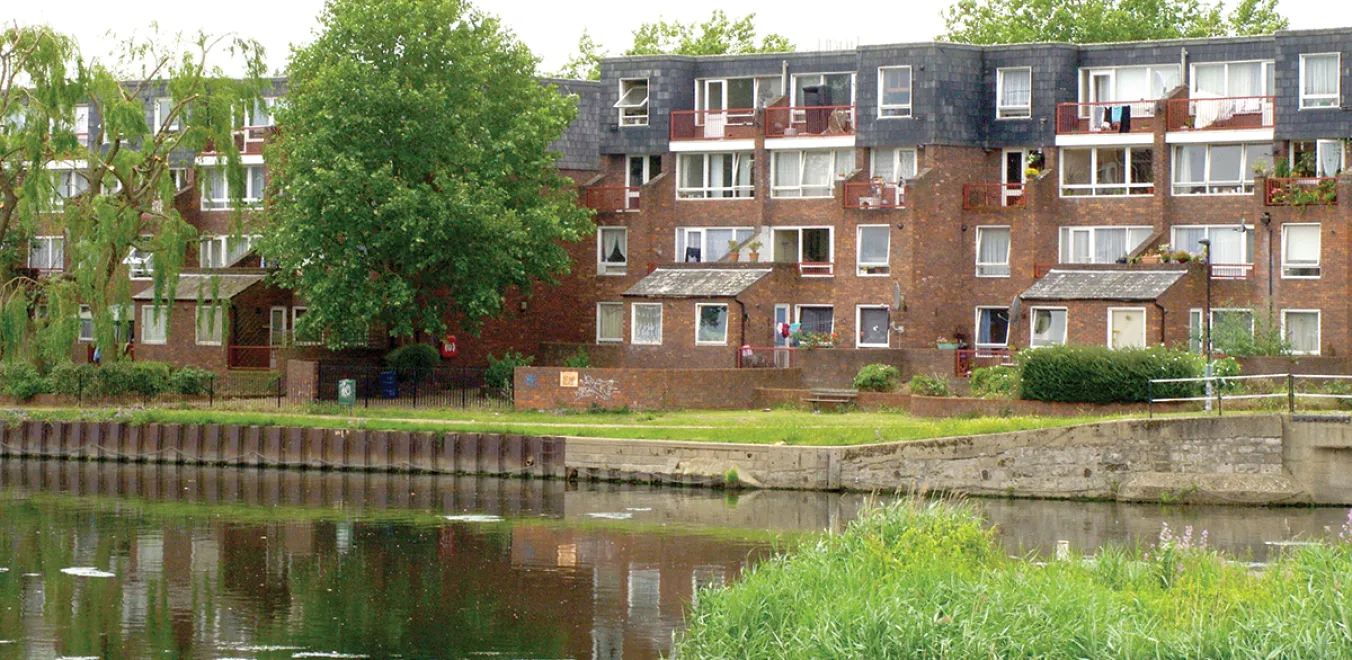
Labour’s about to shift cost of new housing onto tenants, writes MARTIN WICKS arguing instead for cancelling the councils' HRA debt











